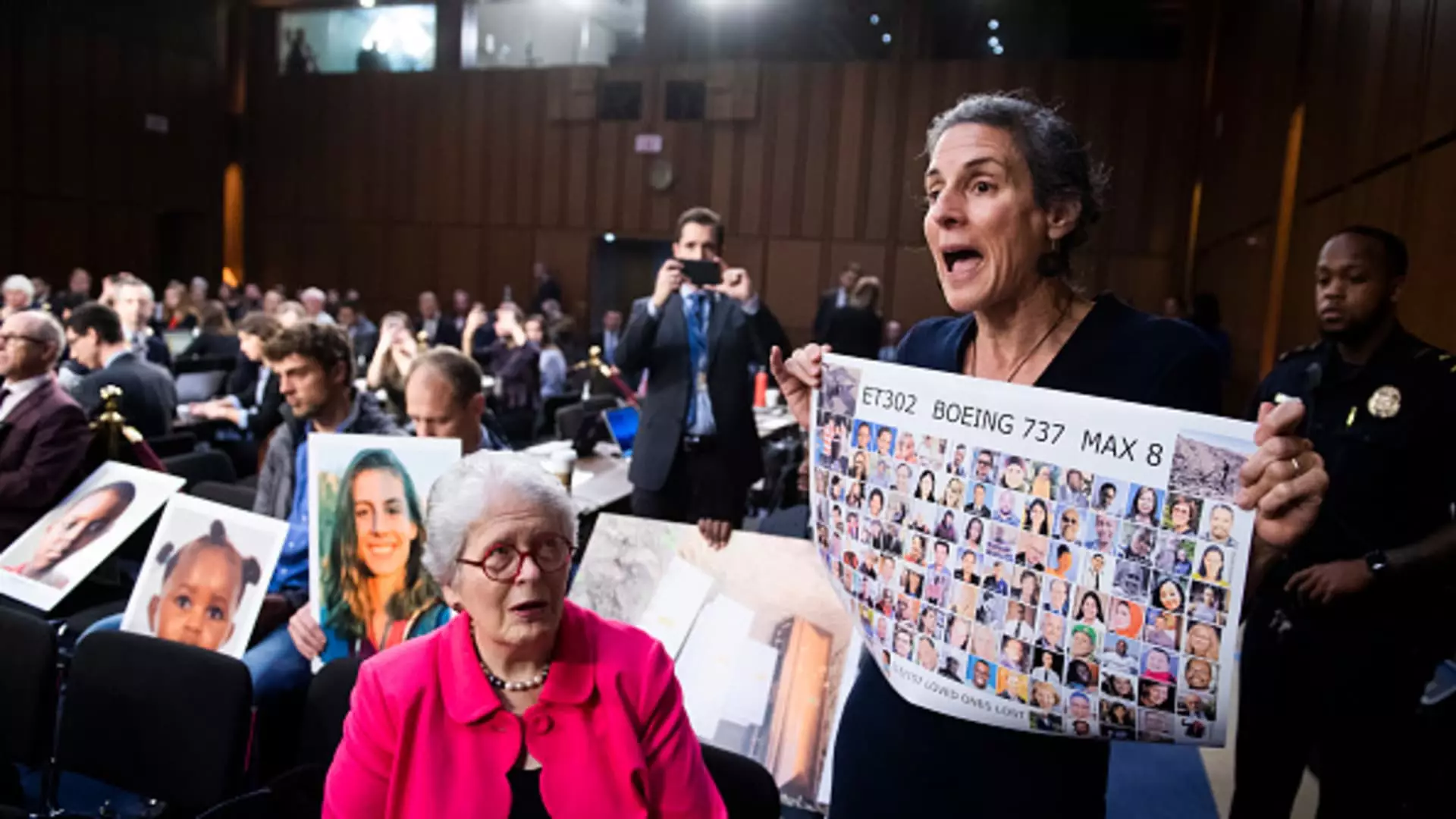The recent decision by a federal judge to overturn Boeing’s plea agreement associated with serious fraud allegations is a significant moment not only for the company but for the entire aviation industry. The ruling elucidates pressing issues surrounding accountability, corporate governance, and the role of equity and inclusion in judicial oversight. This article explores the implications of this pivotal ruling and the ramifications that can extend far beyond the courtroom.
For context, the case against Boeing stems from the tragic crashes of its 737 Max aircraft, which resulted in the unfortunate loss of 346 lives in two separate incidents—Lion Air Flight 610 in October 2018 and Ethiopian Airlines Flight 302 in March 2019. The Department of Justice charged Boeing with conspiring to defraud the U.S. government by not being transparent about the flight-control system embedded in the 737 Max. The plea deal initially accepted by Boeing would have spared the corporation from a trial, allowing it to focus on recovering its operations in a time of serious scrutiny concerning aviation safety.
The legal landscape changed significantly with the federal judge’s intervention. U.S. District Judge Reed O’Connor raised serious reservations regarding the inclusion of a government-appointed monitor under the proposed plea deal, particularly concerning the application of diversity, equity, and inclusion (DEI) principles in the selection process. His ruling signifies a conscious pivot towards ensuring that monitors and regulations reflect not just operational competence but ethical standards.
Concerns Around Equity and Transparency
The judge’s ruling highlights a fundamental tension between compliance initiatives and the suggestion of bias in their implementation. O’Connor articulated concerns that a government-appointed monitor might prioritize race-based considerations in their selection—a prospect he found untenable for ensuring the integrity of oversight for a corporate giant like Boeing. He emphasized the necessity for public confidence in the competency of the monitor in such a significant case, signaling that mere compliance with DEI policies should not eclipse crucial competence metrics.
The order for Boeing and the DOJ to deliver detailed disclosures on their DEI frameworks indicates a broader movement towards accountability at corporate and governmental levels. Even as victims’ family members expressed dissatisfaction with the arrangement, describing it as a “sweetheart deal,” the judge navigated through concerns of transparency and fairness in his ruling, crafting a complicated portrait of justice that involves rigorous scrutiny instead of blanket acceptance.
The Road Ahead for Boeing and the Justice Department
With the judge signaling the need for significant renegotiation of the plea deal, Boeing is faced with the dual challenge of addressing legal repercussions while simultaneously striving for a recovery from previously tumultuous public relations crises. The factory concerns surrounding the Boeing 737 Max mean that the company cannot afford further reputational damage. Recently, an incident where a door burst mid-flight highlighted ongoing safety concerns that must be rectified.
As the case unfolds, both Boeing and the Justice Department must navigate the complex intersections between regulatory compliance, corporate accountability, and public trust. Legal analysts foresee a potential reworking of the terms that could lead to increased penalties or different monitoring expectations—transformations that would reflect broader norms of corporate responsibility and safety.
This ruling not only has consequences for Boeing but also sends ripples through the corporate world as a whole. It conveys a broader message: corporations are no longer free to prioritize financial interests and operational expediency at the expense of ethical considerations. The inclusion of DEI principles, predominantly within regulatory frameworks, may serve as a catalyst to enhance corporate governance, signaling a new era demanding a higher standard of accountability.
Ultimately, the challenges faced by Boeing represent a crucial juncture in how we perceive corporate behavior and the measures necessary to instill accountability within significant corporations. As stakeholder scrutiny intensifies and regulatory frameworks evolve, the landscape of corporate governance may never be the same. The forthcoming decisions and actions taken by both Boeing and the Justice Department could very well shape this evolution.


Leave a Reply